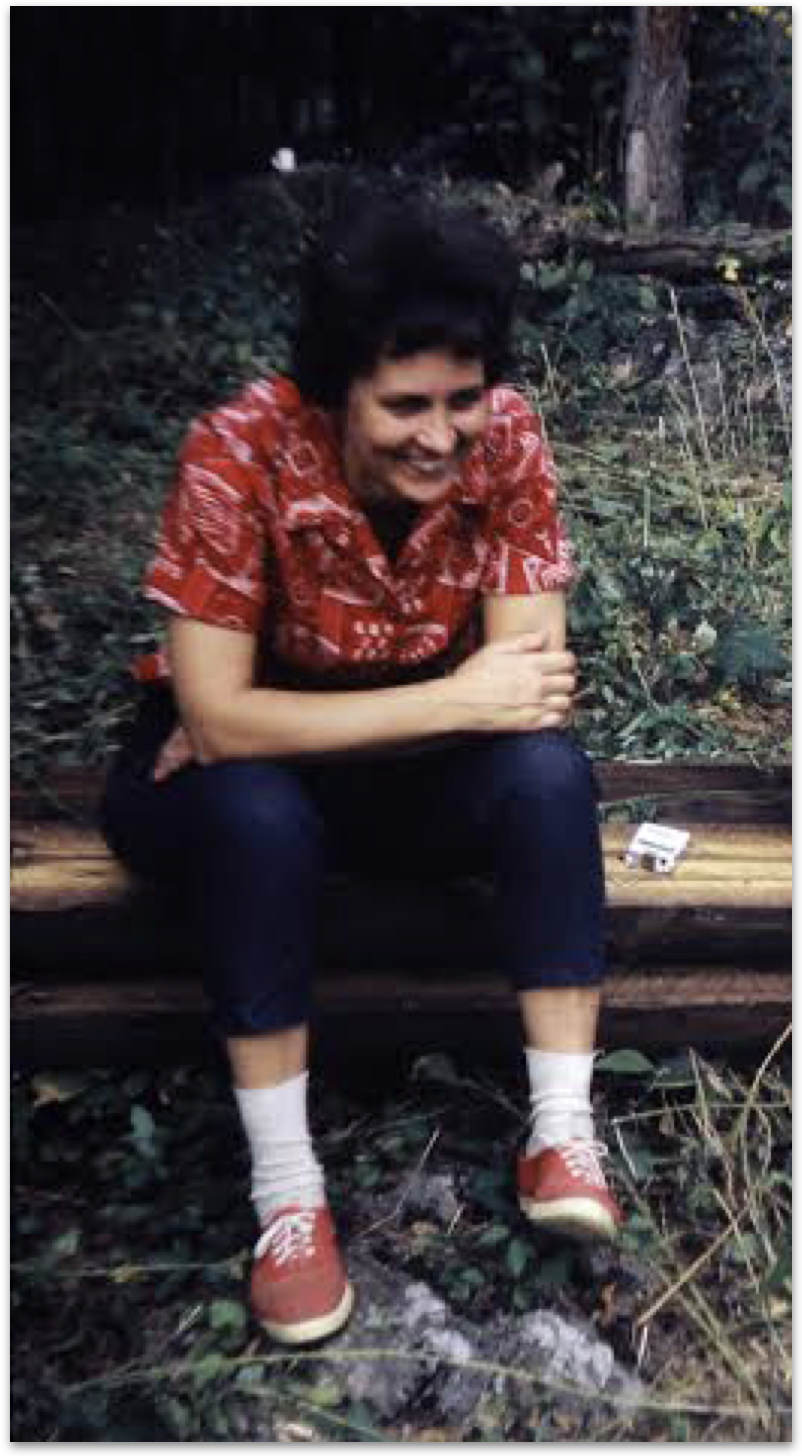VIDEO LETS YOU TO SEE IT. AUDIO MAKES YOU FEEL IT.
Hear us out.
Audio has an innate ability to connect us — to different places, different times, and to each other. It creates intimacy, allowing people to speak freely, comfortably, and with a candor that video will never replicate. In the same way hearing Nirvana puts us back in high school, or The Grateful Dead transports us to the hazy ‘70s, audio opens a unique door to the past. It doesn't just connect, it infuses in us memories of our life experience.
My grandmother was born and raised in Virginia’s Tidewater region, and she had the best accent I’ve ever heard. Anyone who knew her would agree. R’s at the end of a word would disappear, replaced with an “ah” sound that, if heard by the right people, could have ended wars. Checking the weather became checking the weth-ah. You didn’t go down to the river — you’d jump in the riv-ah.
My grandfather spoke with the same accent, but it was my grandmother who made it sing. We teased her for it, but she never minded.
I’ve often thought about how comforting it would be to hear that accent again. But accents like hers — and so many others — are evaporating. As the world gets smaller, as we move more, “home” becomes less about a place and more about where we happen to be at the moment.
She was an early champion of mine when I started in journalism. NPR was always playing in her house — a quiet reminder that to understand the world we first have to hear it. Our own stories, in our own words, mattered. My grandmother believed that, even if she never said it outright. I just wish I’d had the presence of mind to sit down, press record, and capture it.
So I’ve learned a lesson in all of that. That’s what has inspired The Soundline, one of our primary offerings. The time to sit down and talk to our loved ones, and hear their stories, and document them for all who come after, is now. Sure, we all have phones. But staring at screens is a constant in our lives. So let’s embrace the power of the microphone and all that it can capture.
